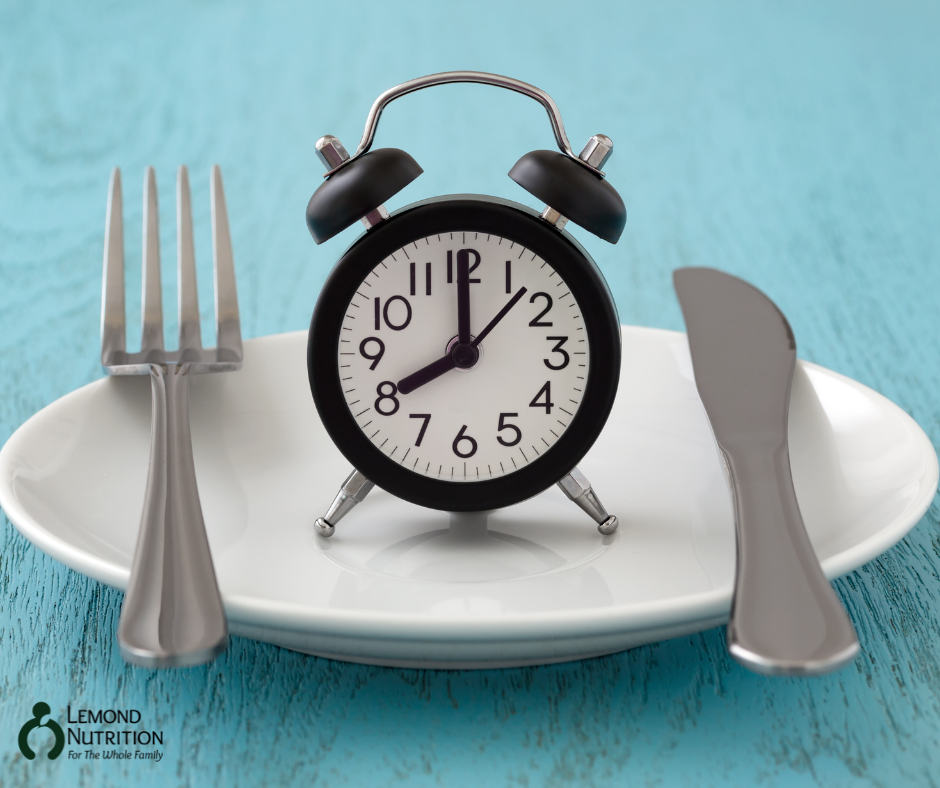Fueling For Success | Practical and/or Mechanical Eating
As we enter into a new school year, I am reminded of the importance of the concept of practical eating. This year, my oldest baby started kindergarten. While some kids choose to take their lunch, he was excited to get to go through the line. When he discovered he could also go through and choose his breakfast in the line, he was set on the idea. We drop him off and he has the option to go eat in the cafeteria or keep walking and go to class. Earlier this week, I asked what he ended up choosing for breakfast and he said he didn’t eat breakfast, but instead he went to class. Enter dietitian mom mode – “remember how it is hard to make good choices when you don’t have enough sleep, well it is also hard to make good choices when you are hungry”. I go on to share of the importance of him eating something for breakfast even if he is not hungry because he is growing, he needs to be able to make good choices and he is active. He is then reminded that he can have breakfast at home or at school, but that he must eat something from somewhere.
Haven’t we all been there? Don’t they say “eat when you are hungry and don’t when you are not"? “I’m trying to lose weight, so I'll just go without and eat at lunch". "I'll just grab an extra coffee or some water...". Let's be honest, the list goes on. The reality is that for us to have a balanced meal pattern, we have to grab a hold of the concept that sometimes we aren't going to be hungry, but we need to eat for fuel. The concept of eating without the presence of hunger, but due to knowing you need to fuel, is known as practical or mechanical eating. This is a conversation I often have in nutrition sessions. Sometimes this results in a recommendation of setting alarms and eating when they go off until we can establish some consistency.
Some factors that may affect appetite are gastrointestinal conditions, medication, constipation, distraction, Fuelbusyness, and heightened emotion. Learning to establish a healthy relationship with food is also learning to meet our basic self-care needs, which includes having consistent meals/snacks. One aspect I always inform patients of is that as you start to eat more consistently, you may find that you have more awareness of hunger cues. For some, this can be scary, as people sometimes equate hunger with weight gain, but this is not correct. Hunger is a body’s natural cue that lets you know that you need to fuel again for optimal functioning (physical, mental and emotional). It is natural and desired to have hunger, satiety, hunger, satiety… you get the idea, throughout the day. I always remind people that this is a natural body cue and the sign of a healthy and functioning metabolism.
Fueling is an act of self-care and helps you be your best self. Now, if you are like me and have a kindergartener starting a new routine, gently remind them that they, too, need to eat breakfast so they can be their best self.
Need help naviagting how you fuel? Schedule an appointment with us today. We would be honored to serve you!

